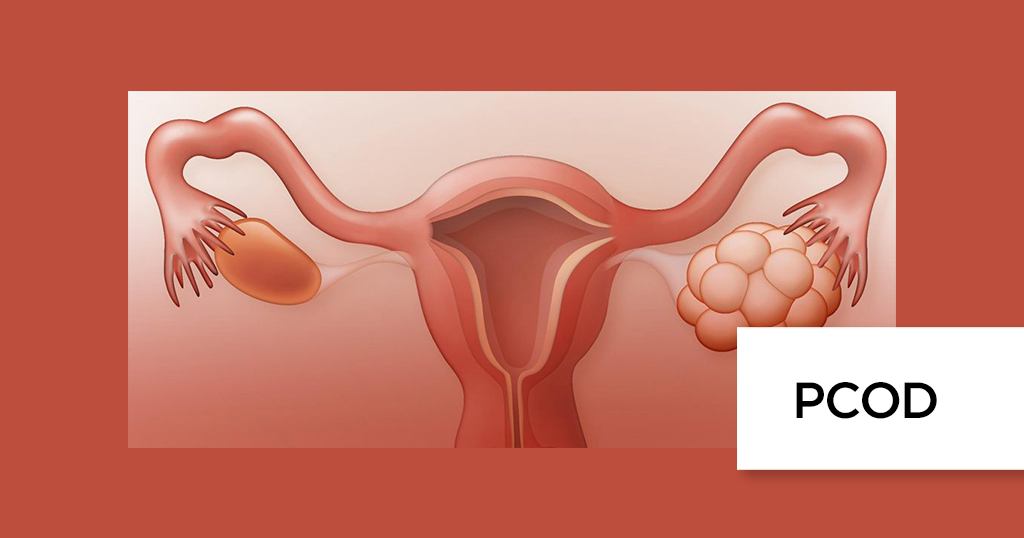Polycystic Ovary Syndrome, commonly known as PCOS or PCOD, affects millions of women worldwide. It is a hormonal disorder that can cause a range of symptoms, including irregular periods, weight gain, acne, and excess hair growth. While there is no cure for PCOS, there are ways to manage the condition and improve your quality of life. In this article, we will discuss some tips and treatments for managing PCOD, as recommended by Dr. Meghna Lal, a renowned gynecologist and PCOD specialist.
-
Maintain a Healthy Diet: One of the most effective ways to manage PCOD is to maintain a healthy diet. Dr. Meghna Lal recommends a low-carbohydrate, high-protein diet that includes plenty of fresh fruits and vegetables. She advises her patients to avoid processed and sugary foods, which can exacerbate PCOD symptoms.
-
Exercise Regularly: Regular exercise is essential for managing PCOD. Dr. Meghna Lal recommends at least 30 minutes of moderate-intensity exercise, such as brisk walking or jogging, five days a week. Exercise can help regulate insulin levels, reduce inflammation, and improve mood.
-
Manage Stress: Stress can worsen PCOD symptoms, so it's essential to manage stress levels effectively. Dr. Meghna Lal recommends yoga, meditation, or deep breathing exercises to help reduce stress and anxiety.
-
Medications: There are several medications available that can help manage PCOD symptoms. Dr. Meghna Lal may prescribe birth control pills to regulate menstrual cycles, metformin to help manage insulin resistance, or spironolactone to reduce excess hair growth.
-
Surgery: In some cases, surgery may be necessary to manage PCOD. Dr. Meghna Lal may recommend a laparoscopic ovarian drilling procedure, which involves using a laser or electrocautery to destroy a small portion of the ovary. This procedure can help restore ovulation and improve fertility.
PCOD can be a challenging condition to manage, but with the right treatment and lifestyle changes, it is possible to live a healthy and fulfilling life. If you suspect that you may have PCOD, it's important to seek medical advice from a qualified gynecologist like Dr. Meghna Lal, who can provide an accurate diagnosis and recommend the best treatment options for you. Remember, early intervention and management can help prevent long-term complications and improve your quality of life.

